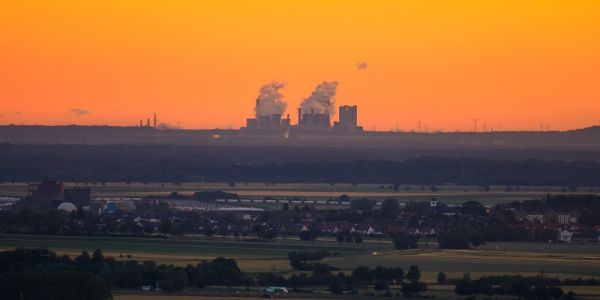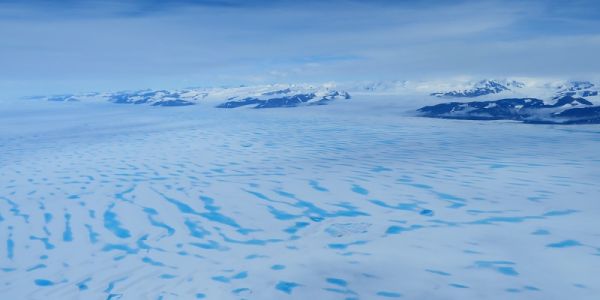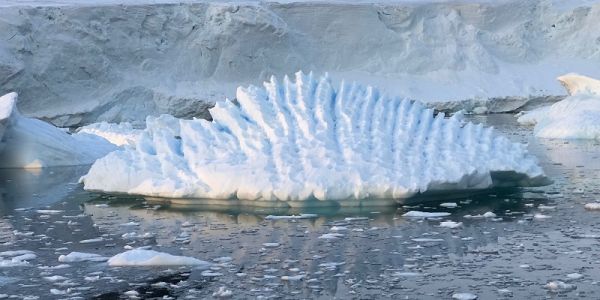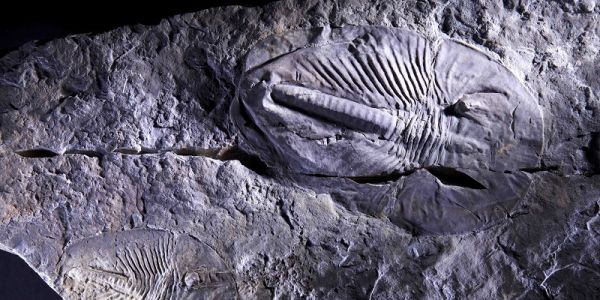
Budgeting for our future climate
A new framework provides a robust scientific tool for researchers, policymakers and industry to calculate remaining global carbon budgets.

A new framework provides a robust scientific tool for researchers, policymakers and industry to calculate remaining global carbon budgets.

An evaluation of the global energy return on investment for fossil fuels and renewable sources reveals a much more level playing field than previously believed.

Edible insects could be a key ingredient to avoiding a global food crisis, according to a new report, but there are significant barriers to overcome before they are part of the mainstream.

Leeds has won an award for embedding a collaborative approach to sustainability across all aspects of the University curriculum.

The Priestley Building will provide a base on the University's main campus for leading climate-related research.

Seven areas of fast-flowing ice on the Antarctic Peninsula have been formally named after Earth observation satellites, following a request by a University of Leeds scientist.

A new study has used partially fossilised plants and single-celled organisms to investigate the effects of climate change on the Canadian High Arctic wetlands and help predict their future.

Leeds scientists are leading a research network of northern universities to find new ways to rapidly decarbonise UK transport.

In only 25 years, ocean melting has caused ice thinning to spread across West Antarctica so rapidly that 24% of its glacier ice is now affected, according to a new study.

New research reveals clues to a crucial period of rapid evolution in complex animals that began roughly 540 million years ago.